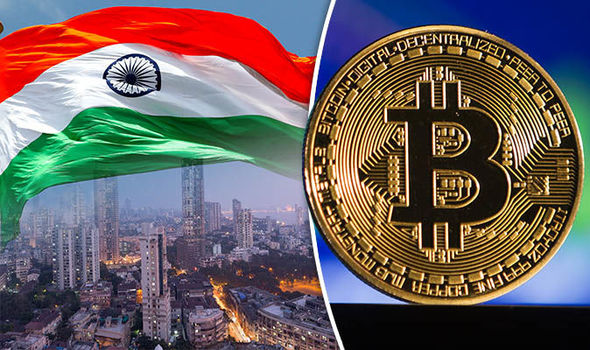As the clock struck 12 pm on February 1, 2018, amidst the national budget the Finance minister of India, reiterating its earlier stand on cryptocurrency, said
“…The Government does not consider crypto-currencies legal tender or coin and will take all measures to eliminate the use of these crypto-assets in financing illegitimate activities or as part of the payment system. The Government will explore the use of Blockchain technology proactively for ushering in the digital economy.”
This statement resulted in much speculation on whether cryptocurrency has been banned, or what is the government’s legal position on it. While some criticized, two things were in favor and one against
1.) blockchain and cryptocurrency found mention in the Budget
2.) “The Government will explore use of blockchain technology proactively for ushering in digital economy,”
3.) The Government does not consider crypto-currencies legal tender or coin and will take all measures to eliminate the use of these crypto-assets in financing illegitimate activities or as part of the payment system.
The outcome from the first point only goes to say impact it has is so widespread, and there is an understanding that it exists in a strong way.
The third point which means that there has neither any indication by the government that it is banning exchanges nor does it stop people from holding cryptocurrency. It is just saying that the government doesn’t recognize cryptocurrency as money, which no country in the world does except Japan. This meant there was no change in stance from the government as it had made clear previously that cryptocurrencies were not a legal tender and It would want to curb down its use in illicit activities.
What lies critically is the second point. It may look like a small step but may have some big implications in the way the country with 1.5 billion people works. If implemented in a fine manner this could be a significant support system as India is making the use of technology as ultimately the biggest and most basic use of blockchain is to reorganize record keeping and transactions and create systems that can share information.
Breaking down this statement brings us to a point that although the currency might not have been accepted the technology- blockchain has definitely made way into the world second largest country by population. What is needed is a truly unified framework of laws and regulations around cross-border taxation, KYC, fund management, and assets for this technology to become successful in India
DC Forecasts is a leader in many crypto news categories, striving for the highest journalistic standards and abiding by a strict set of editorial policies. If you are interested to offer your expertise or contribute to our news website, feel free to contact us at [email protected]






















Discussion about this post